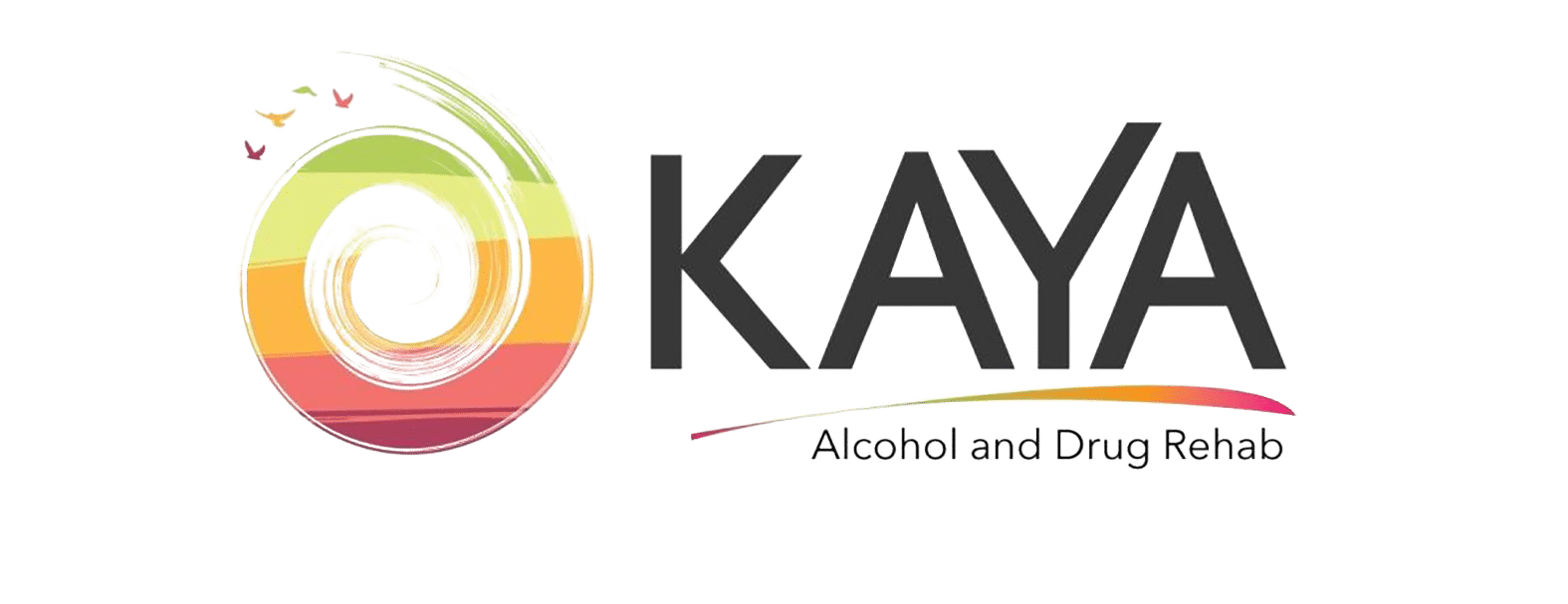Gambling Addiction Definition
Gambling addiction, also popularly known as problem gambling or compulsive gambling, is a gambling behavior that involves an uncontrollable urge to engage in gambling activities that leads to disruption of one’s usual psychological, physical, social and vocational patterns. The compulsive desire for gambling also harmfully affects one’s financial status due to continuous betting, even disregarding whether the person wins or loses. The person can even steal, lie, and cheat to support the habit.
Gambling addiction is progressive in nature. It usually starts with petty betting that increases over time. While ongoing researches try to discover the causes of problem gambling, many believe that the destructive habit is formed not mainly because of the desire to win but the rush or thrill it gives every time a problem gambler bets. Addiction to gambling is also associated with underlying problems like depression, mood disorders and personality disorders. Studies also show that there is a strong co-occurrence of gambling and alcoholism.
Gambling can take many forms, from simple bets to casinos. Due to the presence of online gambling, even those below 17 years can be at risk. Gambling Court’s statistics data reveals that 40% of all problem gamblers have started gambling before the age of 17.
The Destructive Effects of Compulsive Gambling
A person suffering from gambling addiction is at risk of harming one’s self, his family, and the society.
Some of the harmful effects noted are the following:
- Domestic violence and abuse
Gambling statistics show that one quarter to one half of spouses of problem gamblers have been abused, according to National Research Council and children have died as a direct result of gambling problems, according to The National Gambling Impact Study Commission reports.
- Crimes related to gambling
Georgia State University research on gambling reveals that around 50% of problem gamblers commit crimes. Most crimes committed often include fraud, selling drugs, shoplifting and burglary. Such crimes are mainly committed to pay debt or to finance their habit.
- Suicidal tendencies
One in five suicidal patients had a gambling problem, an Australian <a “href= http://www.theage.com.au/national/gambling-linked-to-one-in-five-suicidal-patients-20100420-srri.html”>study reveals.
Getting Help for Problem Gambling
Treatment and support groups are available for people suffering from problem gambling. Gamblers Anonymous (GA) has various chapters in a patient’s home country. GA members can acquire guidance and help from the GA community, as well as assistance in treatment.
There are recovery and treatment centers for gambling addiction that offer personalized, proven effective, and evidence-based treatment programs, such as KAYA. KAYA Addiction Treatment Center employs Unified Treatment Model, a rationalized utilization of Cognitive Behavioral Therapy (CBT), Facilitation of Twelve Steps, Schema Therapy, and other treatment modalities tailor-fit for the client.
KAYA is available 24/7 for you. Get in touch today +63 917 359 9755 or send us an e-mail. Your identity and personal information are treated with utmost confidentiality.
